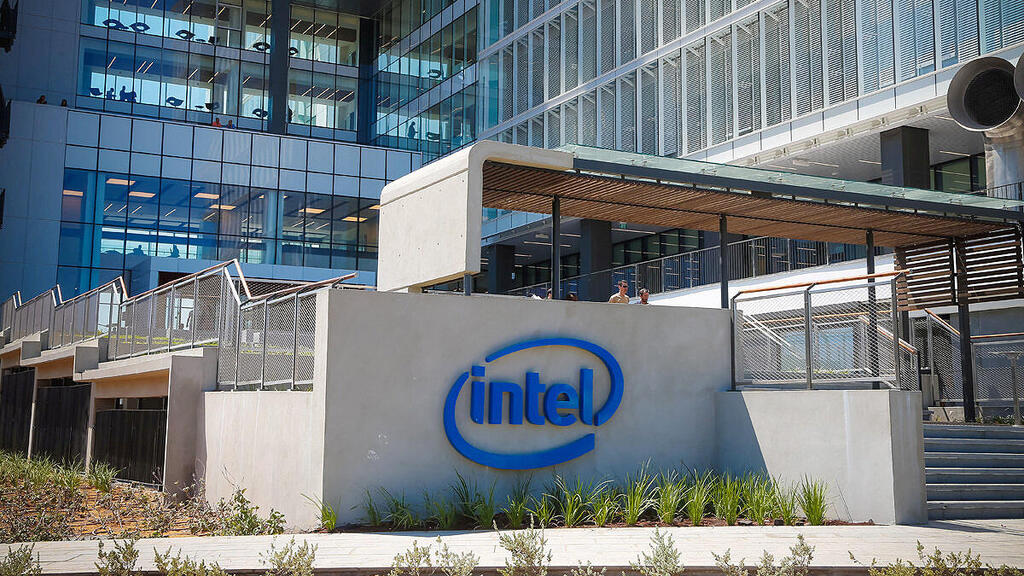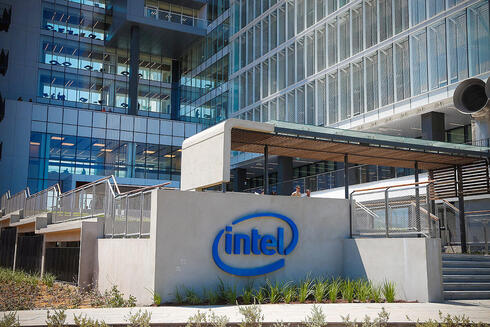
Intel shareholders reject proposal to reevaluate Israel operations
Proposal citing human rights concerns fails as board warns of economic harm.
Intel shareholders on Tuesday rejected a proposal that would have required the company to reassess its operations in Israel.
Intel Chairman: "There are no quick fixes"
Proposal 5 at the company’s annual meeting urged the Board of Directors to conduct an Ethical Impact Assessment addressing the company’s business activities in Israel. The proposal cited allegations that Israel has committed human rights violations in Gaza, among other concerns.
The Board recommended that the proposal be rejected, explaining: “While the board recognizes the concerns of the proponent and has monitored the impact the geopolitical conflict could have on operations in Israel, given the company’s significant investments and presence in Israel, any divestment from or operational downsizing within Israel, as suggested by the proponent, would likely cause significant harm to the company and its stockholders if undertaken on anything less than a very long-term basis.”
Meanwhile, Intel’s workforce in Israel has dropped to its lowest level in over a decade, highlighting the mounting pressures facing the U.S. chipmaker as it undergoes a sweeping global restructuring. As of 2025, the company employs 9,350 people in Israel—down from 10,800 in 2023, 11,700 in 2022, and 12,000 in 2021. The last time Intel’s headcount in Israel was this low was in 2013, when it stood at 9,000. The decline is expected to continue, with additional layoffs anticipated later this year.
Related articles:
The workforce reduction is part of Intel’s broader cost-cutting campaign and internal reorganization, driven by rising geopolitical risks, intensifying competition, and years of strategic drift.
Also Tuesday, Intel approved a company measure aimed at topping up share reserves to attract and retain new employees and compensation for new CEO Lip-Bu Tan. Intel shareholders also approved the company's board of directors, though three members did not stand for reelection.
In addition to the Israel-related motion, shareholders rejected two other proposals: one that would have required Intel to publish a report on its charitable contributions, and another that would have granted shareholders the right to act by written consent.
